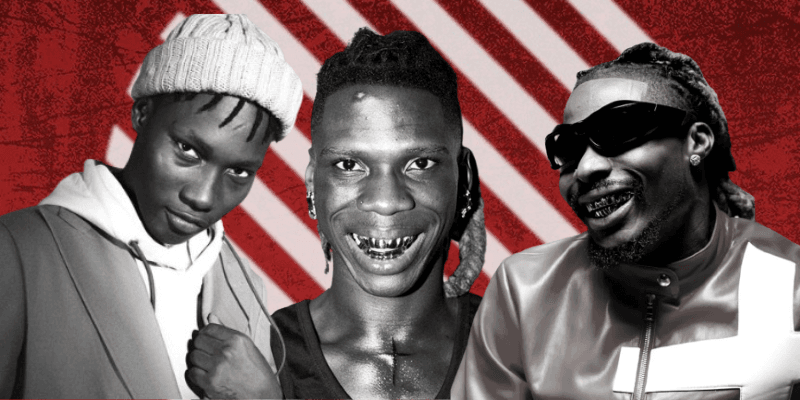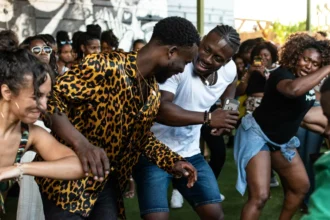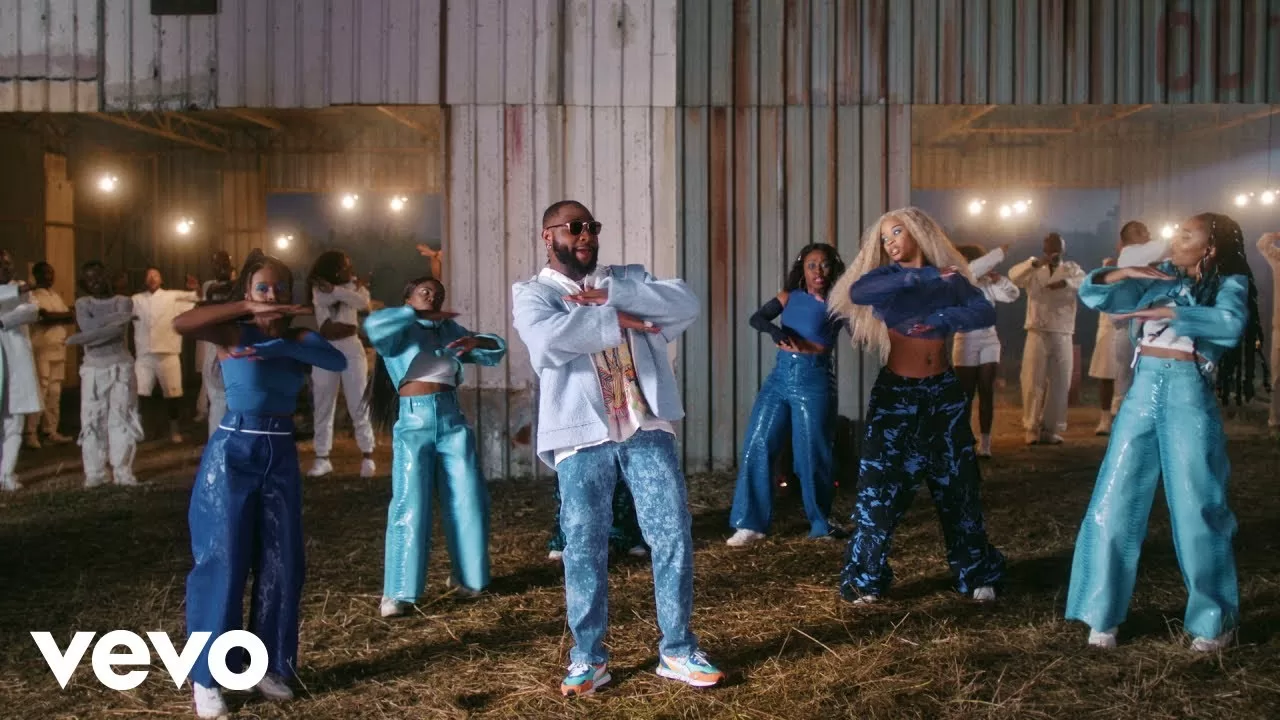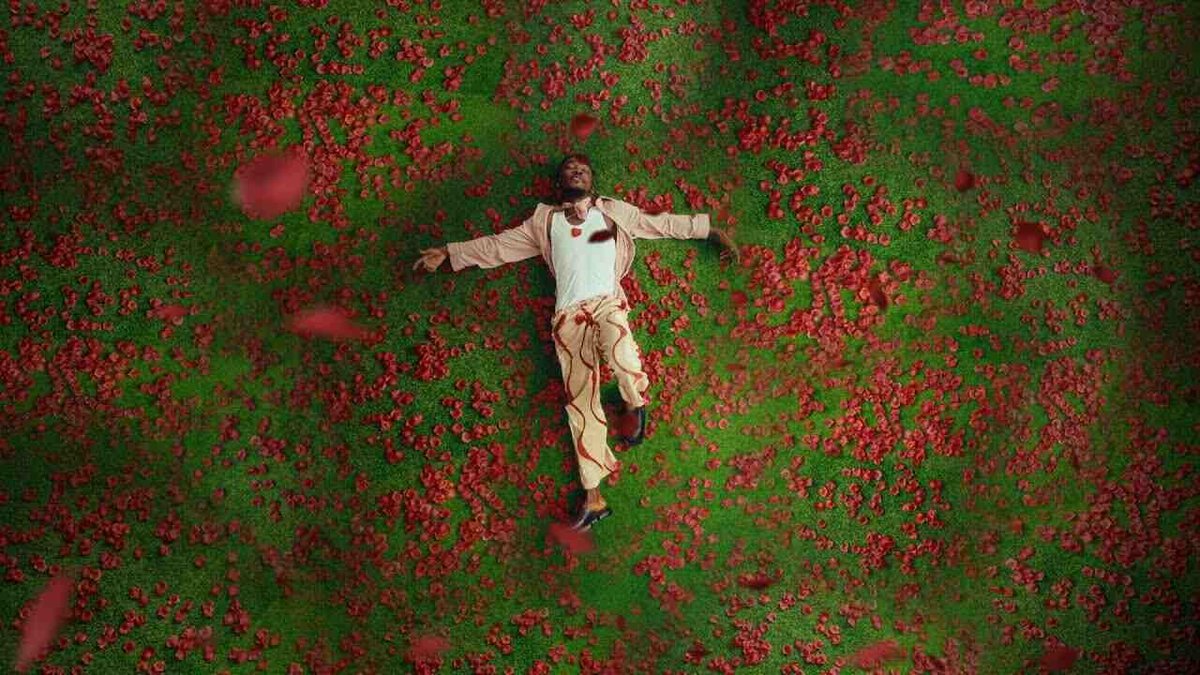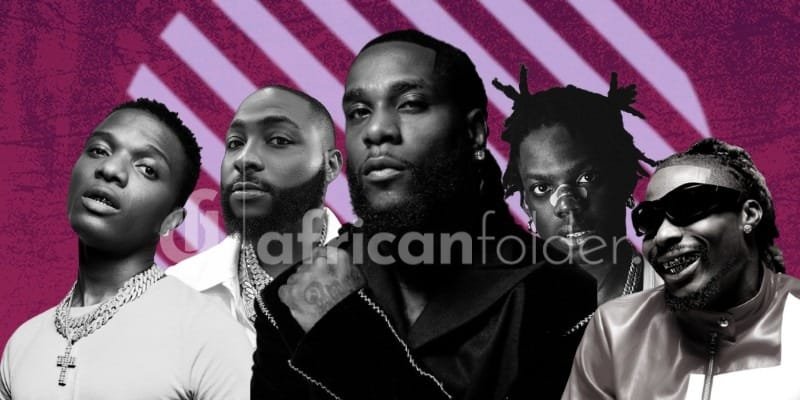In the past decade, Afrobeats has exponentially expanded its umbrella, accommodating a barrage of sub-genres in the process- allowing for claims in pioneering, as we have seen with Afro-Fusion (Burna Boy), Afro Rave (Rema), Afro-Emo (Ckay), Afro-Life(Fireboy DML), and Afro-Pop (Adekunle Gold), amidst others.
A recent addition to the growing list of sub-genres is ‘Afro Adura’ or ‘Afro trenches’ as it is colloquially termed by avid supporters of the growing sub-genre.
While some schools of thought still struggle to accept the efficacy of the sub-genre; labeling it as slang rather than a musical genre, others seem to counter this rhetoric as they believe the sub-genre is here to stay, especially now that it is gaining traction with Nigerian artists like Zinoleesky, Bella Shmurda, Portable, Seyi Vibez, and Asake giving it more appeal, further putting it on the map.
But what exactly is this sub-genre called Afro-Adura?
What Is The Meaning Of Afro-Adura?
The sub-genre is derived from the overtly used suffix ‘Afro’, and the prefix, ‘Adura’. The latter means Prayer in Yoruba. A combination of both, and you get ‘Afro- Adura’.
Afro-Adura’s theme is heavily characterized by the hustle culture in Nigeria as performers of the music style emanate from the slums/streets and use music as a channel to inspire and motivate. These artists preach the gospel of discipline, hard work, hope, and patience, all to one end; financial remuneration. Instrumentations usually gear towards melancholic, sad beats.
The Yoruba language is the dominant language used in this subgenre(although indigenous artists from other tribes also explore the subgenre’s theme).
Pioneers Of The Sub-Genre
While it is difficult to pinpoint a particular artist as a major kick starter for Afro-Adura, some names consistently spring up in debates. Legendary Gospel singer, Tope Alabi has been mentioned as a polarizing figure for the sub-genre, with certain fans citing the singer as a pioneer of the street gospel, while others have relinquished such claims, saying that the accolades belong to the popular contemporary indigenous singer, Abolore Adegbode Akande, popularly known as 9ice. Names like Legendary singers, Oritse Femi and Jaywon have also been mentioned.
Pros and Cons
Afro-Adura has its perks just as it has its bad sides(like every other thing on planet earth). One of its pros is the fact that it has become a voice for its default demographic audience- The ghetto youths. They relate to its theme; Stories of how hard it is to survive in the streets, the pain that comes with being overlooked in the grand scheme of things, how every hustler has its day of reward, and ultimately, Faith in supreme power.
These songs serve as symbols of hope to the average ghetto youth, especially when the artist in question has triumphed and made it out of the streets- making it even easier to believe that the sun will shine on them too. Also notable, is the insane amount of wisdom usually found in these songs- generic enough for all to relate to.
In the same void that Afro-Adura is hailed as a voice of hope and positivity, is the same void that it has been labeled as a voice of misconduct- as some of its content glorifies vices such as Drug abuse and quick money-making schemes. One Twitter user validates this fact with a tweet that captions: “These Yahoo-yahoo boys and Afro-adura are like Bonny and Clyde”.
These yahoo boys and afro-adura are like Bonny & Clyde
— @… (@lilyfrvr) December 14, 2022
Popular Misconceptions
The sub-genre infamously gets tagged as ‘Razz’ or ‘Uncultured’ by an otherwise conservative group of music listeners, who don’t seem to key into the sound. Afro-Adura is a far cry from being mundane, it is an elite sound that has to be felt to be understood. The rhetoric is however changing, as singers like ‘Asake’, ‘Zinoleesky’, and ‘Seyi Vibez’ are winning over such naysayers- thanks to their pop appeal.
Prominent Artists
Though the term, “Afro- Adura” was recently coined, the style of music has long been in vogue with early prominent artists of the sub-genre such as Oritsefemi, Jaywon, 9ice, Olamide, and the late Da-grin inspiring a younger generation of superstars such as Barry Jhay, T.I Blaze, Seyi Vibez, Zinoleesky, Asake, Portable, Mohbad, and Bella Shmurda who are in their unique ways championing the sound.
Songs You Should Listen To
To get acquainted with the sub-genre proper(if you aren’t already familiar) you should listen to songs like
- Asake’s ‘Nzaza'(2022)
- T.I Blaze’s ‘Sometimes’ (2021)
- 9ice’s ‘Si Pepe’ featuring Barry Jhay(2022)
- Bella Shmurda’s ‘Vision 2020’ featuring Olamide(2020)
- Diamond Jimma’s ‘Aje'(2020)
- Portable’s ‘Ogo Forever'( 2022)
- Balloranking’s ‘Base On Believe'(2020)
- Seyi Vibez ‘Billion Dollar'(2022)
What Does The Future Look Like?
With the recent appraisal and acceptance of the sub-genre by fans, coupled with the elevated status of some of its stars, it is not far-fetched to say that the future looks bright for Afro-Adura.
A few years ago, an article such as this won’t even be considered relevant, as the sub-genre was heavily slept on then, but recently, it has garnered mainstream success while also pivoting from its usual demography and giving way for liberal listening- showing signs of a formidable legacy. Who knows, Afro-adura could go global soon.







